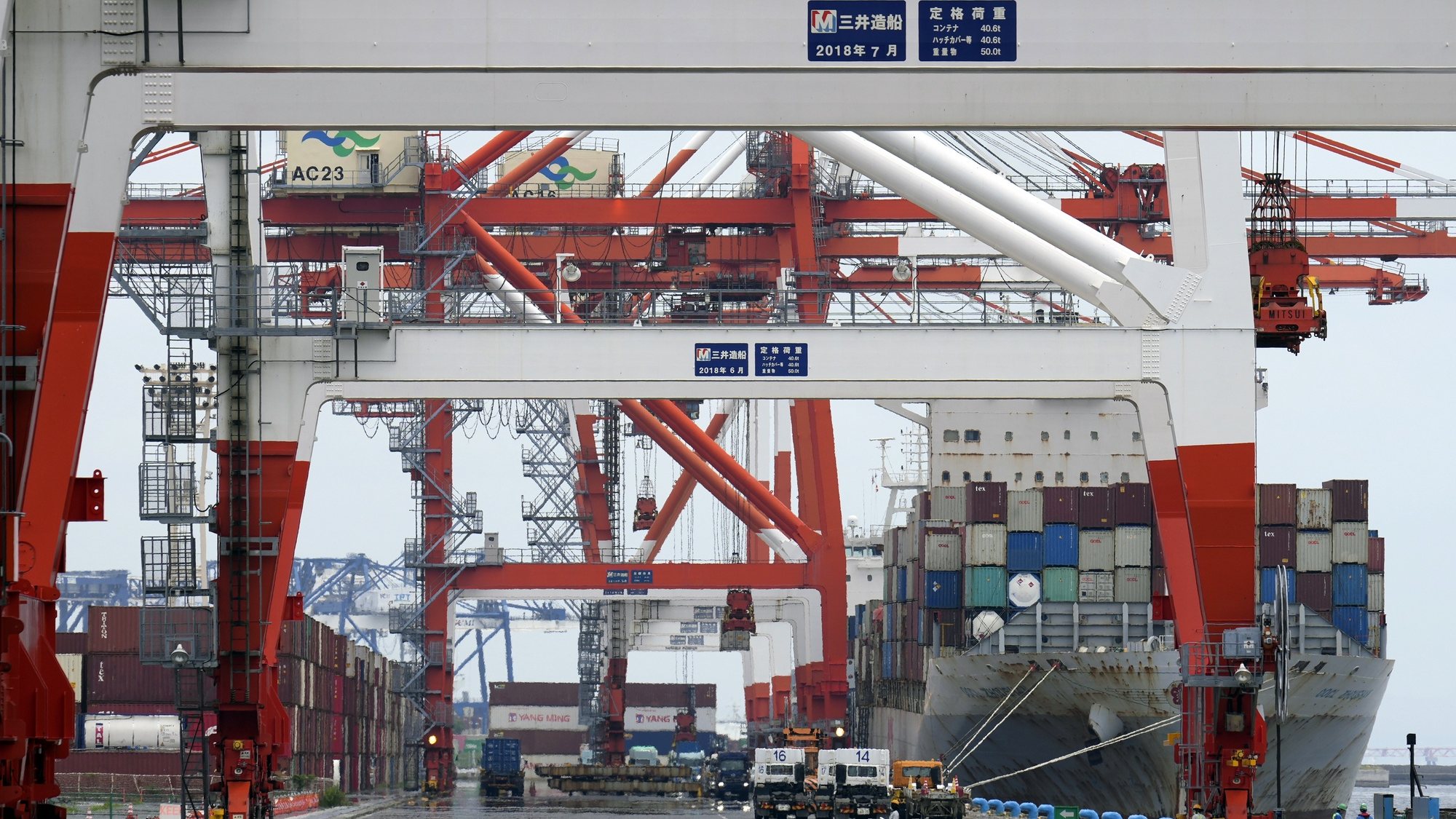The Japanese central bank admitted that “it should raise interest rates not too late”, given the impact that the recent increase in costs could have on consumer prices, indicates a note published this Monday.
It is necessary for the bank. [do Japão] consider if they are necessary more settings to monetary policy from the point of view of risk management,” according to the minutes of the institution’s monthly meeting, which ended on June 14.
Japan’s central bank does not rule out further interest rate hikes to curb inflation
“Although price developments have corresponded to the Bank’s outlook, there is a possibility that prices could deviate above of the base scenario if there is another transmission from recent cost increases to consumer prices,” warned the Bank of Japan (BoJ).
Inflation in the country has remained in a range between 2% and 2.5% in recent months, close to the 2% target set by the Japanese central bank.
The institution stated that inflation is stabilizing, but considered it still difficult to determine whether the spring wage increases (the largest in more than 30 years) “have been sufficiently reflected in the statistics”, at a time when consumption remains weak.
Japan’s central bank reduces its public debt purchase program
On the 14th, the BoJ announced a cut in the purchase of securities public debtin one more step towards progressive monetary normalization, but chose to maintain the short-term reference interest rate at 0.1%.
Despite an increase in March, which ended more than a decade of negative rates, Japan still has very low interest rates. below of the world’s other major economies, including the United States Federal Reserve (5.5%) and the European Central Bank (4.25%).
A trend that has led to the depreciation of the Japanese currency. The Japanese currency was trading this Monday in a range above 159 yen per dollar, after falling to 160 yen at the end of April, for the first time in 34 years.
The US dollar surpasses the 160 yen barrier for the first time since 1990
According to the minutes of the meeting, the members of the BoJ committee are aware that the evolution of exchange rates has a broad impact on economic activity and, if it continues unchecked, “will affect the proper development of the economy.”
However, the document adds that, since it does not only affect the exchange market, monetary policy must be implemented based on a bigger picture.
The central bank was also cautious about successive export suspensions by major Japanese automakers due to irregularities in inspections.
The Bank of Japan concluded that it was “appropriate to continue with the current Flexibility monetary policy for now”, including to evaluate the effects of these suspensions on Japan’s economy.
Source: Observadora
